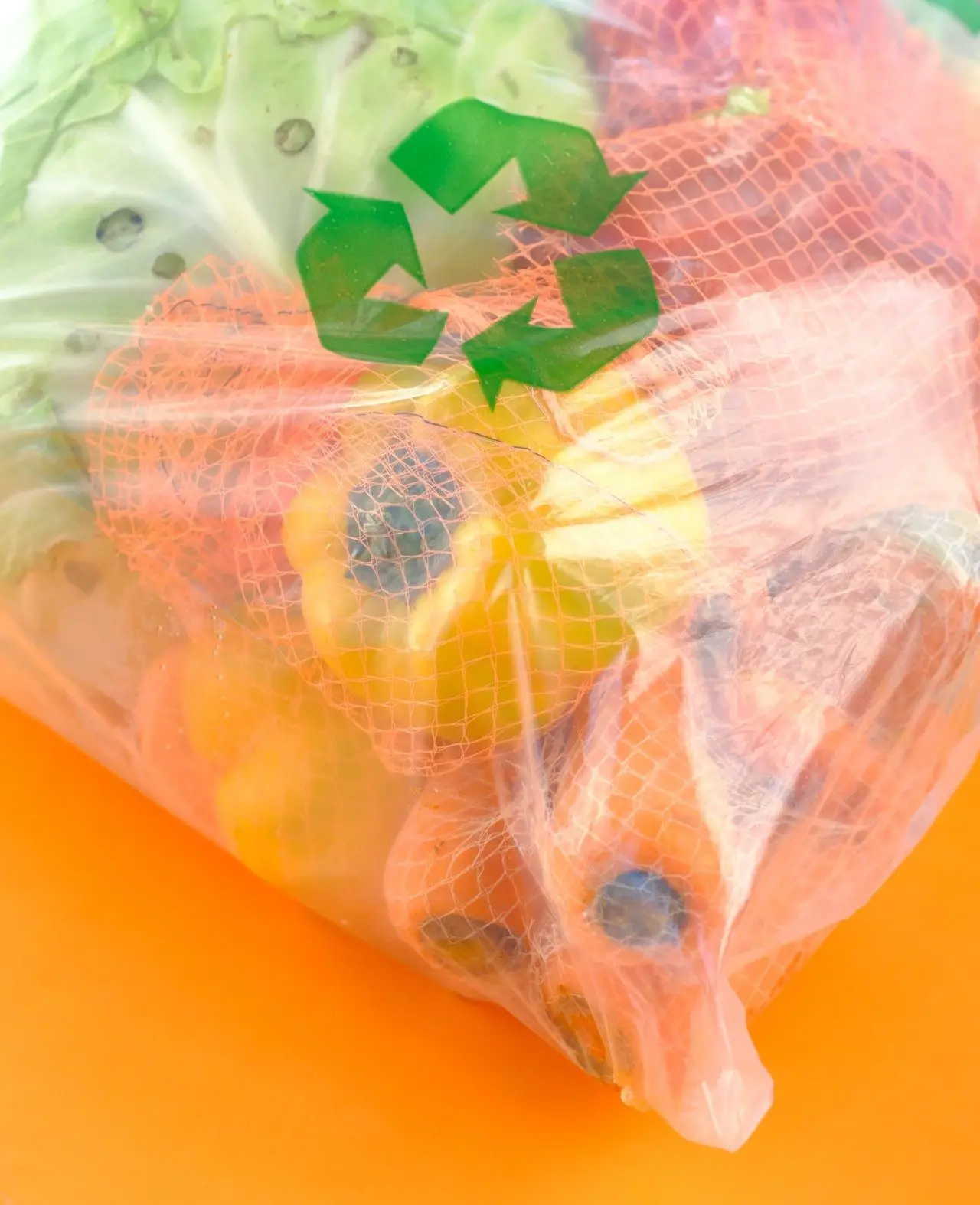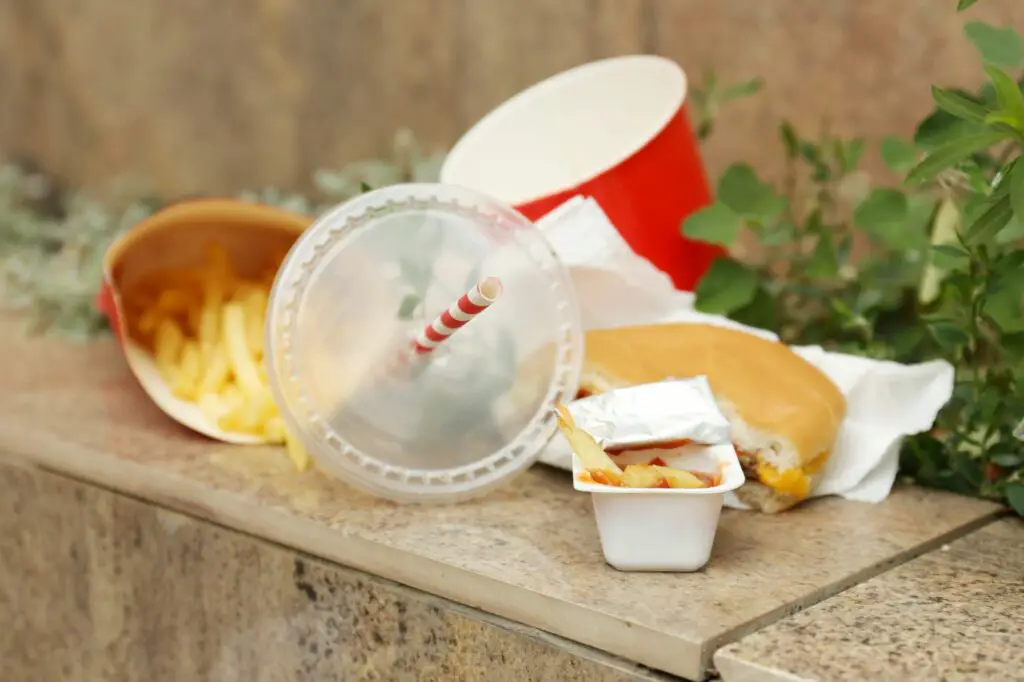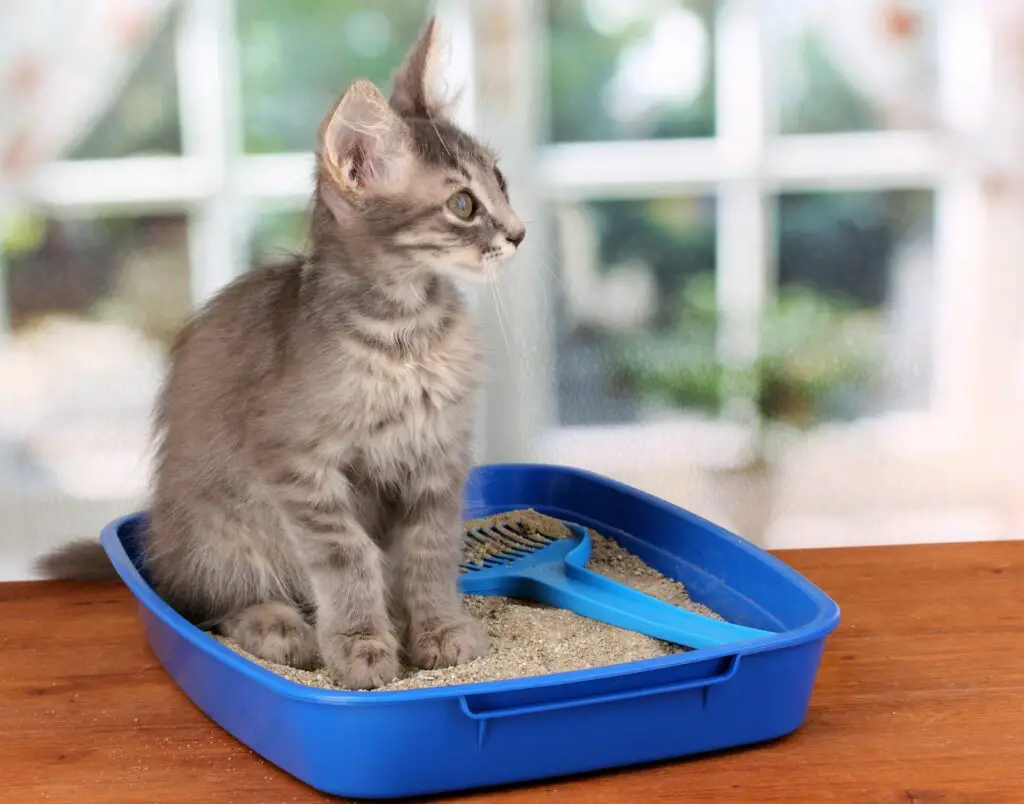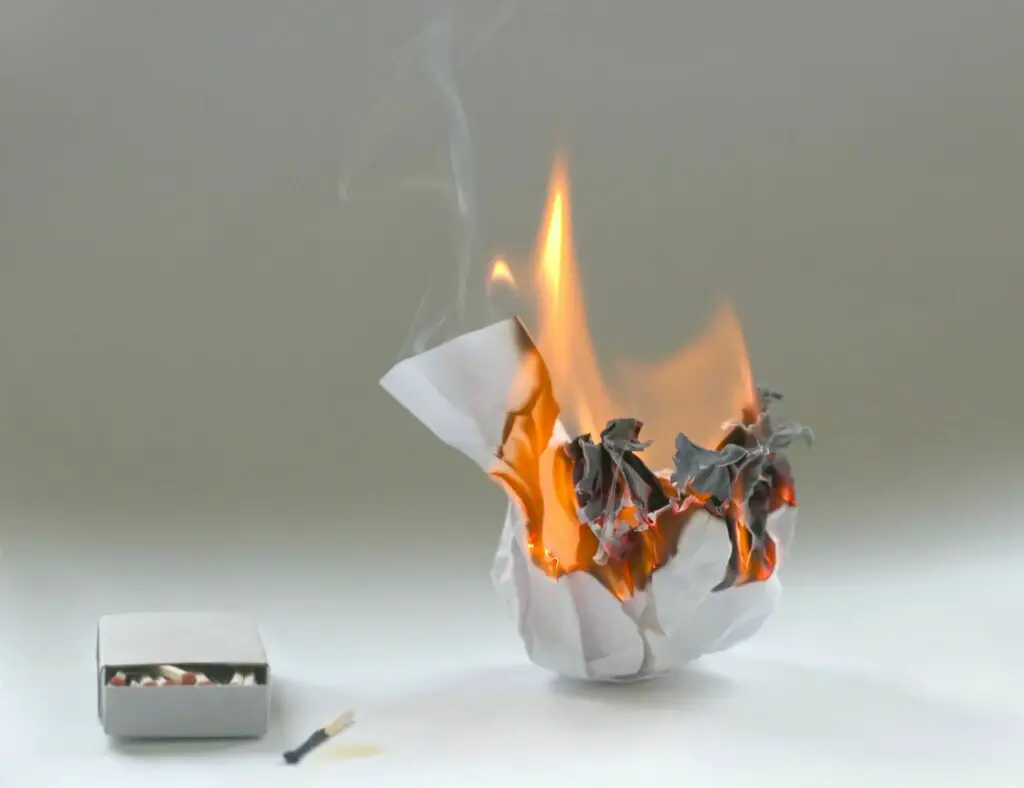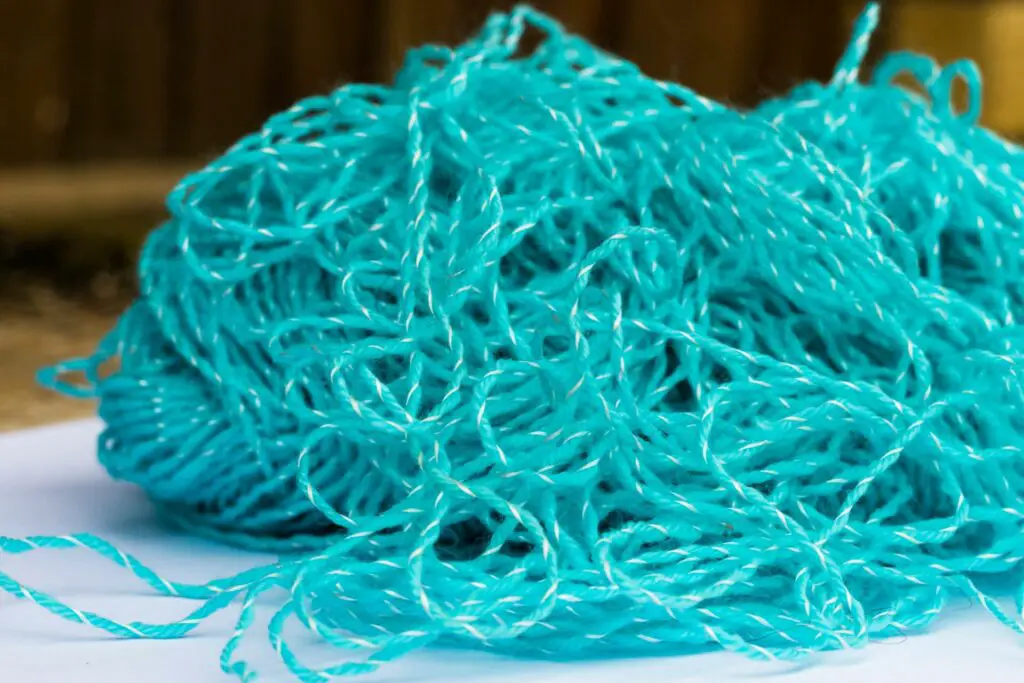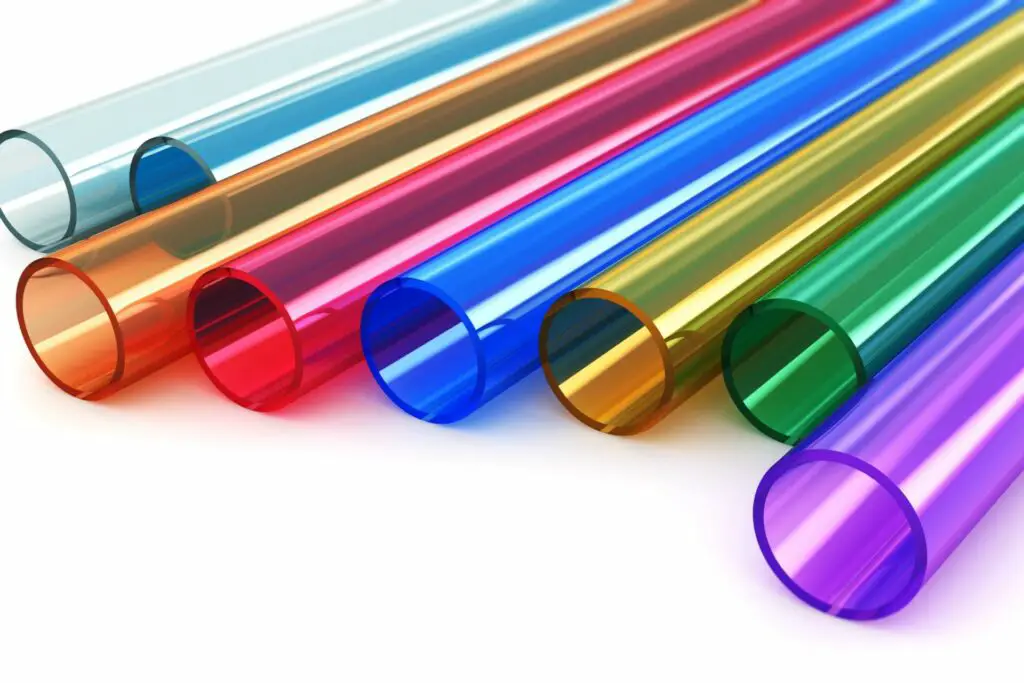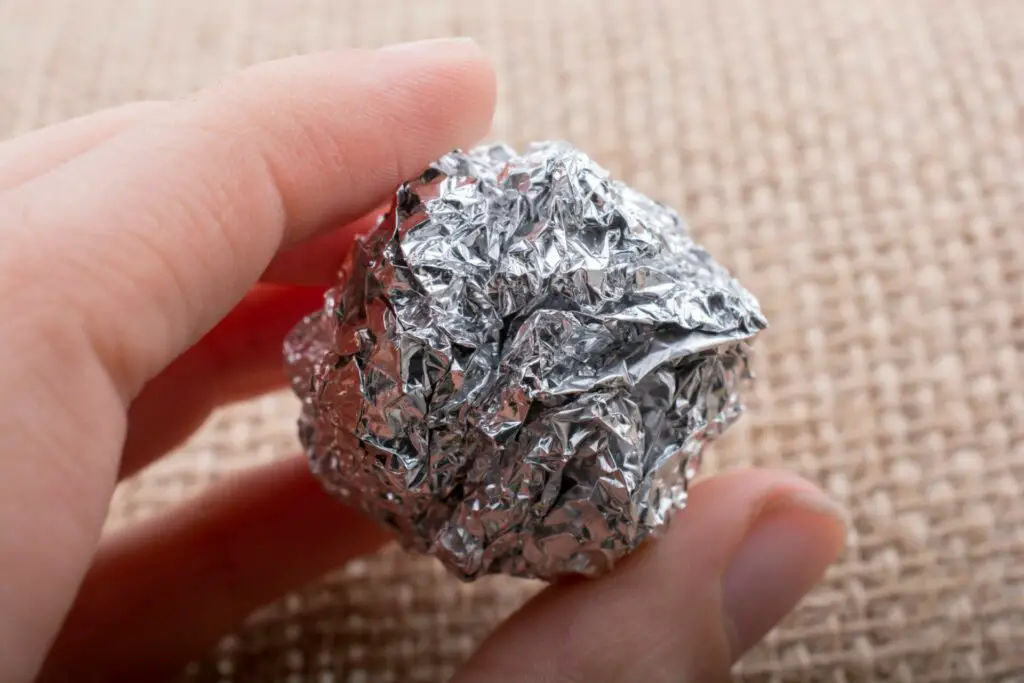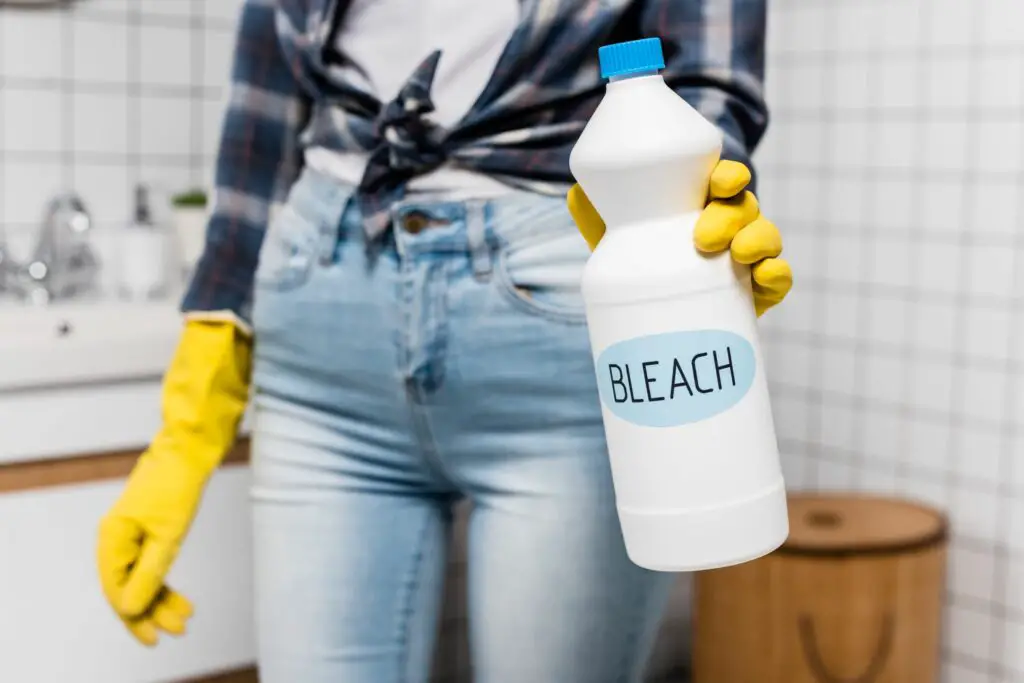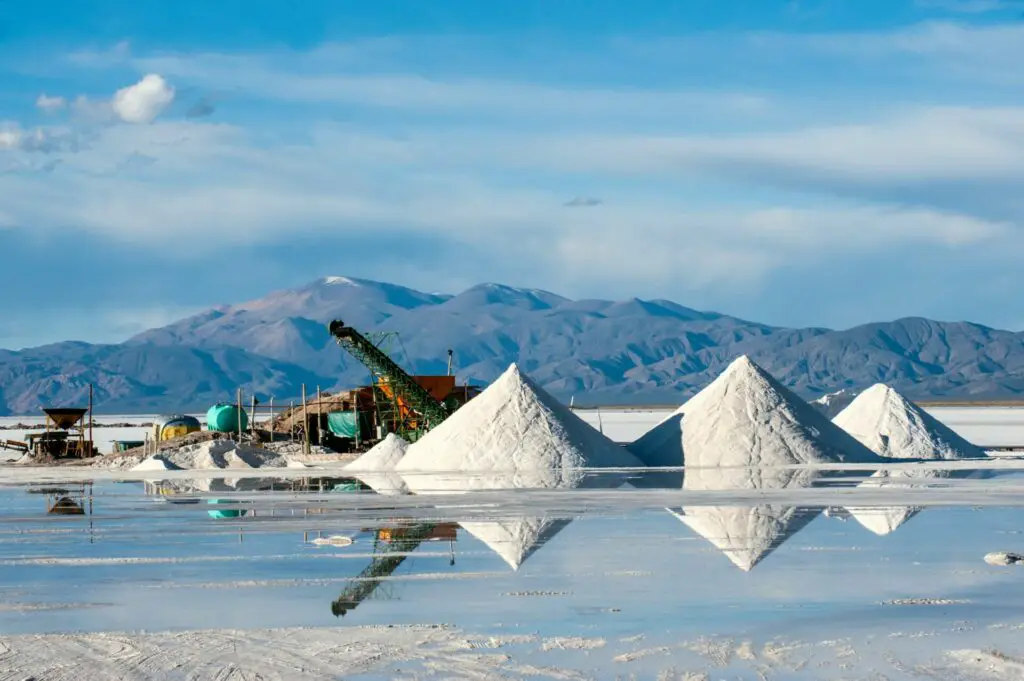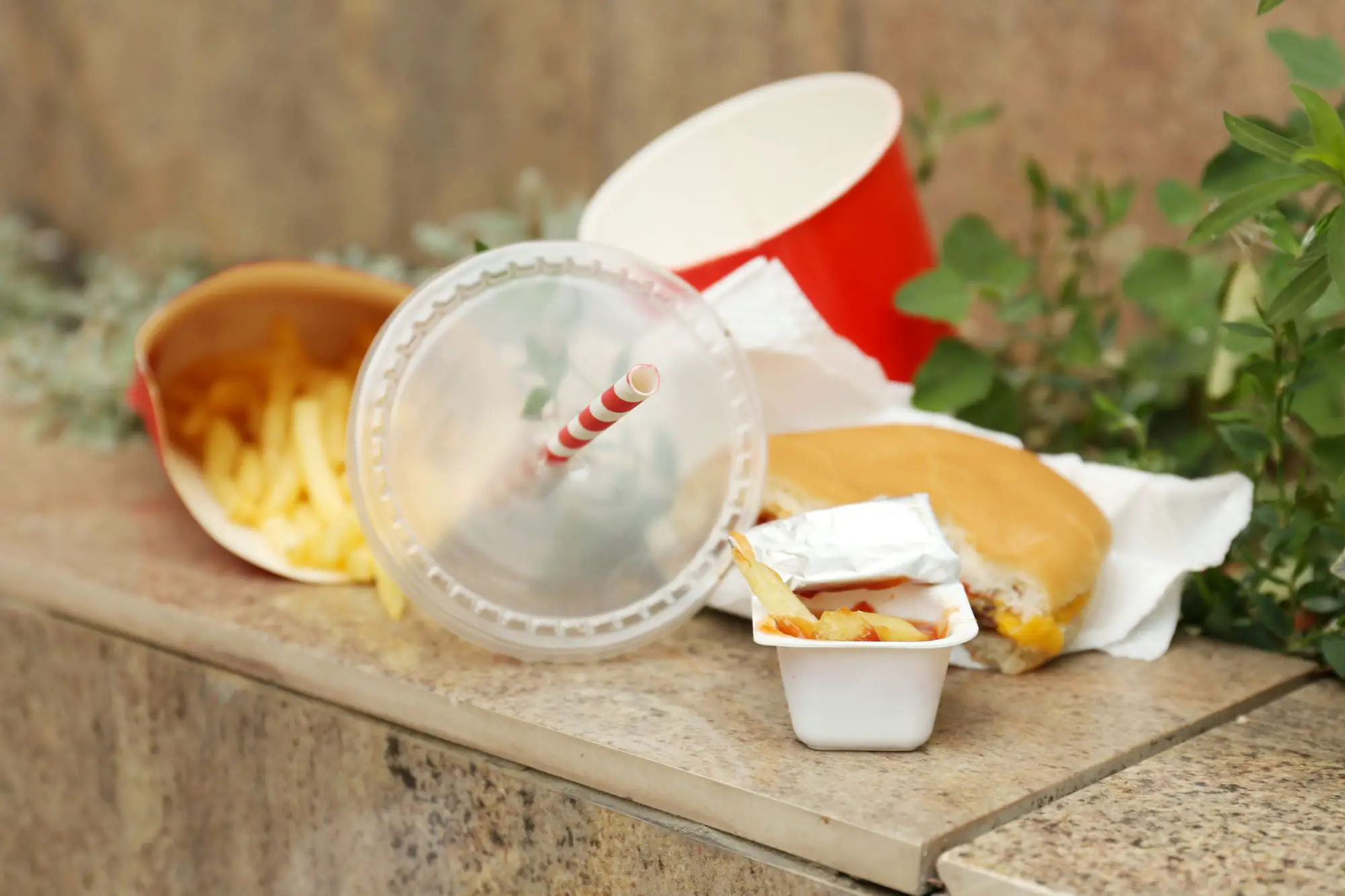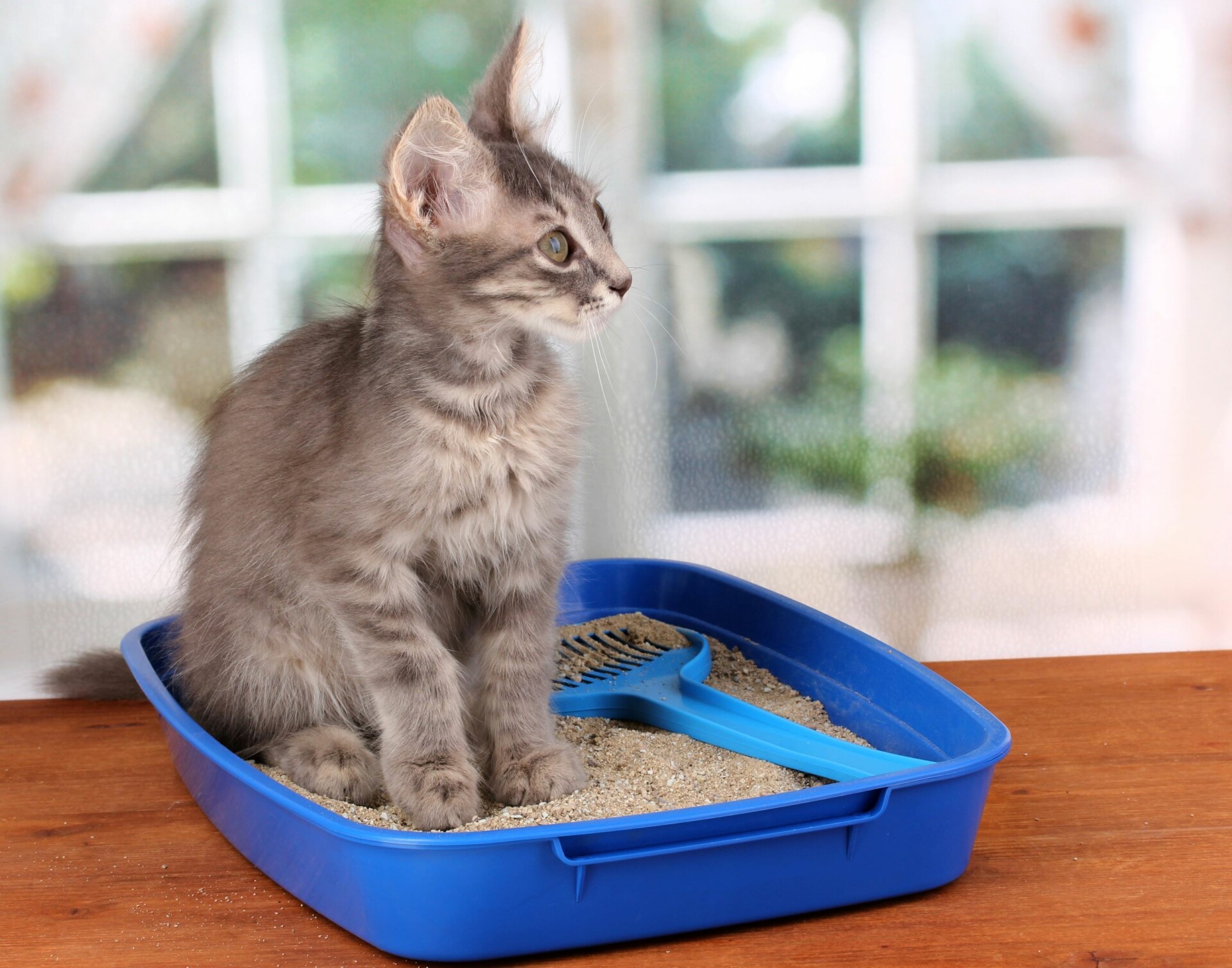In the ever-expanding world of plastics and plastic-like materials, it can be hard to keep up with all of the different kinds.
This can make it difficult to know what you can and can’t recycle if you’re trying to live a more eco-conscious lifestyle.
One type of plastic that you may not have even heard of before is EVOH, but it is pretty much a guarantee that this type of plastic is used in certain products that you’ve purchased.
We know that not all types of plastics are recyclable, but what about EVOH?
Up until recently, EVOH has been a difficult plastic to recycle. This is due to the fact that EVOH is considered a plastic film, and its composition is hard to process through recycling machines.
In this article, we’ll discuss everything you need to know about EVOH and its recyclability or lack thereof.
1. What is EVOH?
EVOH stands for ethylene-vinyl alcohol copolymer.
EV is used to designate the main type of synthetic plastic used to make up this material- ethylene vinyl.
The OH suffix is a chemistry term that implies that a hydrogen and oxygen molecule are bonded together to form a hydroxide.
Essentially, any molecule that has a hydroxide in its structure is considered to be an alcohol.
In the case of EVOH, the OH means that alcohol is also used to make it.
2. Is EVOH a Type of Plastic?
EVOH is a type of thermoplastic that is clear, flexible, and has a glossy appearance to it.
This type of plastic came about due to the need to create a type of packaging that isn’t as permeable to moisture and oxygen.
For example, polypropylene – a common plastic used for packaging – provides a great moisture-barrier but isn’t as good at keeping out oxygen.
On the other hand, EVOH has a high resistance to being penetrated by oils, solvents, and gases such as oxygen, carbon dioxide, and nitrogen.
But why is this an important property for a packaging material to have? Let’s find out.
3. What is EVOH Used For?
EVOH is primarily used as a packaging material for products that are considered to be perishable.
This includes for things such as:
- Food, particularly fruits and vegetables
- Medicine
- Cosmetics
Does it make sense now why you would need a plastic such as EVOH?
Oxygen and other types of gases can cause perishable items to spoil even faster.
Even with other packaging materials such as polypropylene, more oxygen was able to pass through the “barrier.”
EVOH was developed as a way to extend the shelf-life of perishable items by limiting how much oxygen could pass through.
However, EVOH films lack in their moisture-resistance properties.
This means that when used for packaging, it often has to be combined with a plastic that is more resistant to moisture, including:
- High-density polyethylene (HDPE)
- Polypropylene (PP)
- Polyethylene terephthalate (PET)
EVOH film is often sandwiched between two layers of one of the above plastics to create a packaging material that is both moisture- and oxygen-resistant.
4. Is EVOH Recyclable?
EVOH in general is typically not recyclable by traditional recycling methods.
One reason is because, as you previously learned, it is often found between layers of another type of plastic.
That would mean that the two types of plastic would need to be separated.
This can technically be done, but the other reason why it is typically not recycled is that the EVOH film itself can gum up recycling machines.
This not only has the potential to destroy the machines, but also the other type of plastic that was combined with EVOH.
Recycling plastics made with EVOH often results in holes being left in the recycled product.
This creates a product with much lower quality that the original product.
5. How is EVOH Recycled?
EVOH isn’t usually recycled. However, it isn’t known to produce toxic fumes or other by-products upon incineration.
Incineration is essentially a type of waste-to-energy disposal method that allows materials that can’t be recycled to be turned into electricity or heat.
However, incineration isn’t necessarily better for the environment than recycling due to potential toxins that are released into the atmosphere as a result of burning other types of materials besides EVOH.
6. How Do You Dispose of EVOH?
Since EVOH can’t be recycled, the only way to dispose of it is to throw it away with the rest of your trash that can’t be recycled.
7. Does EVOH End up in Landfills?
A lot of EVOH does end up in landfills, since most of it has to be thrown away.
27 million tons of plastic went to landfills in 2018. It’s not clear how much of that amount is EVOH plastic, but since it can’t be recycled, it’s likely to be a large amount.
Some EVOH plastic may not end up in landfills if a city has an incineration program.
But as previously mentioned, this isn’t necessarily the most eco-friendly option either.
8. Is EVOH Biodegradable?
EVOH films by themselves are not biodegradable, or they decompose at a slow enough rate that they can’t be considered biodegradable.
However, EVOH film can be blended with another type of plastic film, such as PVOH, to increase the rate of decomposition.
PVOH is a type of water-soluble plastic film that is used to make dishwashing and laundry detergent packs. It is also biodegradable.
9. Is EVOH Bad for the Environment?
EVOH is not the worst type of plastic for the environment, but it isn’t the best either.
For starters, plastic usually comes from crude oil in some way, shape, or form.
Crude oil is a non-renewable resource that can cause pollution upon collection and refining.
Plus, the creation of plastics in general also has the potential to cause pollution due to the chemicals and manufacturing processes that are used.
And since EVOH either has to go to a landfill or be incinerated, the disposal of it is not very eco-friendly either.
10. Are There Eco-Friendly Alternatives to EVOH?
It’s hard to find a material that is as effective for its intended purpose as EVOH and eco-friendly at the same time.
Although traditional versions of EVOH are not recyclable, there are new variations on the market that are better for the environment and are more recyclable.
One example is EVAL, a form of EVOH that has the same barrier properties while being able to be recycled without disrupting the recycling stream.
And, new studies have shown that some types of EVOH are actually recyclable depending on the percentage of EVOH.
Although plastics made up of 6% EVOH or more can still affect the recycling stream, plastics with less than 6% EVOH are thought to have no effect on overall recyclability.
Conclusion
There are always more advancements to the technology of making plastic.
One such advancement is EVOH, a plastic film used in packaging for food and other perishable items.
The composition of EVOH has made it hard to recycle in the past and therefore not the most eco-friendly plastic.
But, new studies into eco-friendliness and sustainability of EVOH are ongoing.
Hopefully, there will be a lot of new information about the recyclability of EVOH forthcoming in the near future.
You Might Also Like…
- Is Fast Food Bad for the Environment? (& What You Can Do)
- Is Fabric Softener Bad for the Environment? (+5 Eco-Friendly Options)
- Is Fuel Dumping Bad for the Environment? (& How Often It Happens)
- Is Electricity Generation Bad for the Environment? (What You Should Know)
- Is Dry Cleaning Bad for the Environment? (4 Surprising Facts)
- Is Diamond Mining Bad for the Environment? (Important Facts)
- Is DEET Bad for the Environment? 4 Effects (You Should Know)
- Is Cat Litter Bad for the Environment? (5 Common Questions)
- Is Burning Cardboard Bad for the Environment? (6 Facts)
- Is Burning Paper Bad for the Environment? (6 Surprising Facts)
- Is Burning Leaves Bad for the Environment? (7 Quick Facts)
- 4 Natural Cleaners for Quartz Countertops
- 6 Eco-Friendly Acrylic Paint Brands (For Sustainable Artists)
- 5 Eco-friendly Alternatives to Acrylic Paint (& How to Make Them)
- Is Acrylic Paint Bad for the Environment? (7 Quick Facts)
- Is Acrylic Yarn Bad for the Environment? 8 Crucial Facts
- Is Acrylic Bad for the Environment? (8 Quick Facts)
- Is Aluminum Foil Bad for the Environment? 7 Quick Facts
- Is Bleach Bad for the Environment? 6 Crucial Facts
- Is Lithium Mining Bad for the Environment? 6 Crucial Facts

